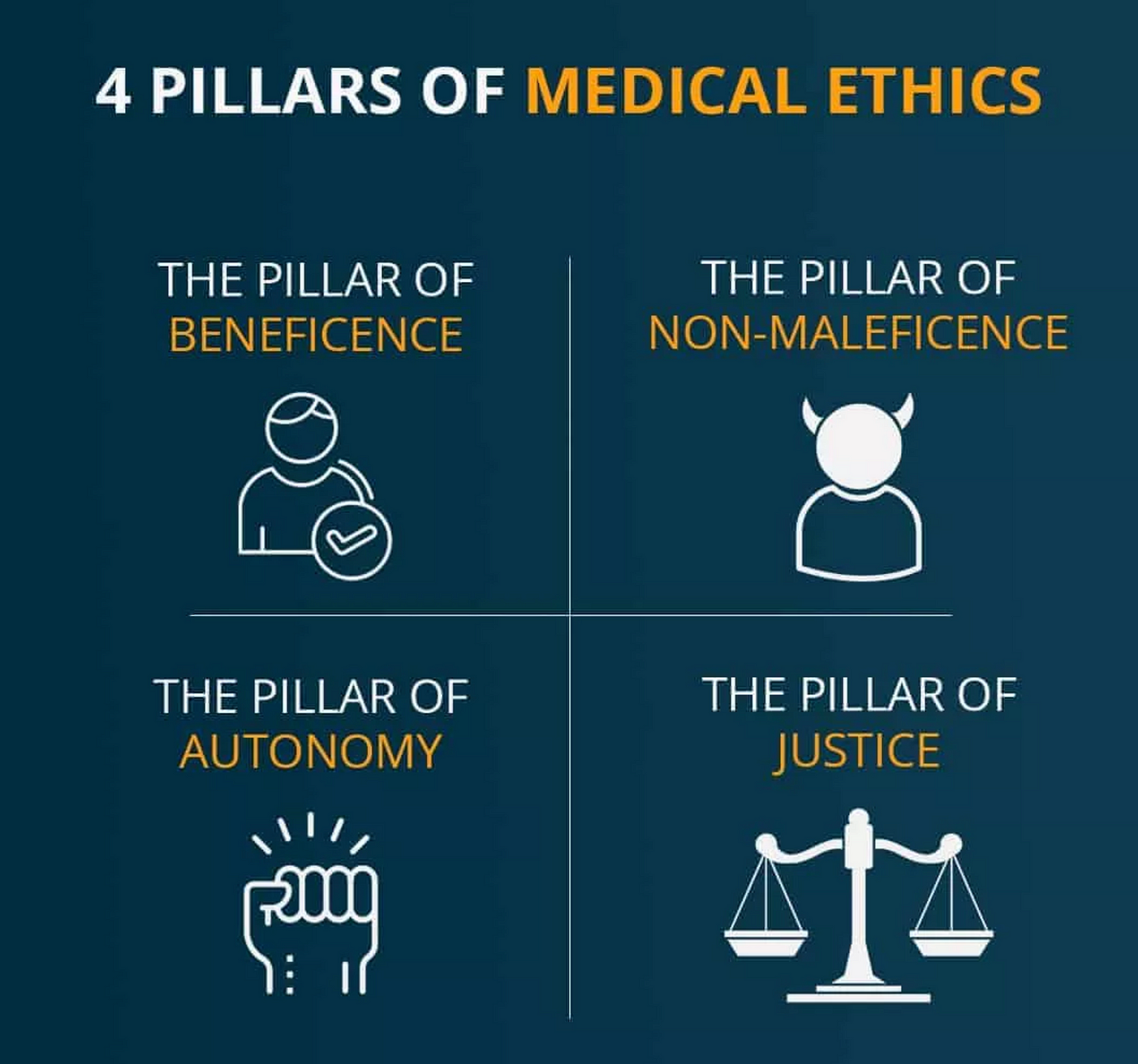Ahmedabad
(Head Office)Address : 506, 3rd EYE THREE (III), Opp. Induben Khakhrawala, Girish Cold Drink Cross Road, CG Road, Navrangpura, Ahmedabad, 380009.
Mobile : 8469231587 / 9586028957
Telephone : 079-40098991
E-mail: dics.upsc@gmail.com

Medical Ethics
News: The National Medical Commission (NMC), the regulator for medical education and practices that replaced the Medical Council of India in 2020, has suggested to medical colleges that the traditional Hippocratic Oath should be replaced by a “Charak Shapath”.
What is the Hippocratic Oath?
• The Hippocratic Oath is attributed to Hippocrates of the island of Kos, a Greek physician of the classical period (4th-5th centuries BC, until the death of Alexander the Great in 323 BC).
• It broadly corresponds to the period from the death of the Buddha (486 BC) to the rise of the Mauryas (321 BC) in India.Among the great contemporaries of Hippocrates were the Athenian philosopher Plato and his teacher Socrates, and Plato’s student and Alexander’s tutor, the polymath Aristotle.
• He is regarded as the “father of modern medicine”.
• Basically, the Hippocratic Oath is a charter of ethical principles that physicians over the ages have sworn to uphold in the practice of their profession.
• The earliest available fragments of what is understood to be the original oath date back to the late 3rd century AD, and a millennium-old version is now in the library of the Holy See.
General outlines of a Medical Oath:
o Always exercise his/her independent professional judgment and maintain the highest standards of professional conduct
o Respect a competent patient’s right to accept or refuse treatment
o Not allow his/her judgment to be influenced by personal profit or unfair discrimination
o Be dedicated to providing competent medical service in full professional and moral independence, with compassion and respect for human dignity
o Deal honestly with patients and colleagues, and report to the appropriate authorities those physicians who practice unethically or incompetently or who engage in fraud or deception
o Certify only that which he/she has personally verified
o Respect the local and national codes of ethics
Charaka and Charak Samhita
• The Charak Samhita is a medical pharmacopeia and collection of commentaries and discussions on medical practices that is dated to the 1st-2nd centuries AD.Along with the compendium of Susruta (c. 4th century AD), which is about surgery, the Charak Samhita is considered the foundational text of ancient Indian medicine,
• It is an evolved system of understanding and treating disease that resembled that of Hippocrates and Galen (2nd century AD), and was in some ways ahead of the Greeks.In theory and praxis, ayurvedic medicine today remains broadly unchanged from these ancient Indian principles.
• The physician was an important and respected member of ancient Indian society, and medical practice followed rules of professional conduct and ethical principles. It goes on to say thato You must strive with all your soul for the health of the sick.
o You must not betray your patients, even at the cost of your own life.
o You must not get drunk, or commit evil, or have evil companions.
o You must be pleasant of speech…and thoughtful, always striving to improve your knowledge.
o When you go to the home of a patient you should direct your words, mind, intellect, and senses nowhere but to your patient and his treatment.
o Nothing that happens in the house of the sick man must be told outside, nor must the patient’s condition be told to anyone who might do harm by that knowledge to the patient or to another.
o This ethical code is universal, and remains just as relevant and applicable today.
Pros:
• There is no universally accepted version of the physician’s oath.
• Many medical schools around the world hold a ceremony in which graduating doctors swear to a broad charter of ethics that are sometimes customised by individual institutions.A version of the ‘physician’s code of ethics’ is commonly displayed in hospitals or clinics in most places, including India.
Cons:
• The opposition has criticised the proposal as an attempt to saffronise medical education.
• Introducing Indian elements into Indian education is necessary, but not at the expense of universal values and standards.Like several other sages mentioned in the literature of ancient India, the historicity of Charaka is still uncertain.

Address : 506, 3rd EYE THREE (III), Opp. Induben Khakhrawala, Girish Cold Drink Cross Road, CG Road, Navrangpura, Ahmedabad, 380009.
Mobile : 8469231587 / 9586028957
Telephone : 079-40098991
E-mail: dics.upsc@gmail.com
Address: A-306, The Landmark, Urjanagar-1, Opp. Spicy Street, Kudasan – Por Road, Kudasan, Gandhinagar – 382421
Mobile : 9723832444 / 9723932444
E-mail: dics.gnagar@gmail.com
Address: 2nd Floor, 9 Shivali Society, L&T Circle, opp. Ratri Bazar, Karelibaugh, Vadodara, 390018
Mobile : 9725692037 / 9725692054
E-mail: dics.vadodara@gmail.com
Address: 403, Raj Victoria, Opp. Pal Walkway, Near Galaxy Circle, Pal, Surat-394510
Mobile : 8401031583 / 8401031587
E-mail: dics.surat@gmail.com
Address: 303,305 K 158 Complex Above Magson, Sindhubhavan Road Ahmedabad-380059
Mobile : 9974751177 / 8469231587
E-mail: dicssbr@gmail.com
Address: 57/17, 2nd Floor, Old Rajinder Nagar Market, Bada Bazaar Marg, Delhi-60
Mobile : 9104830862 / 9104830865
E-mail: dics.newdelhi@gmail.com